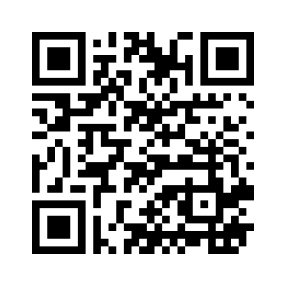Introduction
Dreams are not just remnants of daily life but are profound tools for self-exploration and personal growth. This article delves into how dreams can serve as a means of self-reflection, providing insight into our deepest desires, fears, and aspects of ourselves that we may not be aware of during our waking life.
The Psychological Function of Dreams
Dreams are rich with symbolism and often manifest content that our conscious mind may suppress or overlook. Psychologists and researchers believe that by analyzing our dreams, we can gain insights into our unconscious mind, helping us understand our motivations, resolve inner conflicts, and guide our personal development.
Dreams as a Mirror
Dreams can act as mirrors, reflecting parts of our inner self that we are not consciously aware of. For example, dreaming about being chased might indicate a fear of confronting certain aspects of one’s life or an avoidance of specific challenges. By interpreting these dreams, we can confront these hidden emotions and work through them constructively.
Dreams as Problem Solvers
It’s also common for people to solve problems in their dreams. The relaxed and unconstrained nature of the dreaming state allows the brain to think more creatively and make connections that are not obvious when awake. Reflecting on the solutions our dreams present can provide us with unexpected ways to tackle day-to-day challenges.
Using Dreams for Self-Reflection
Keeping a Dream Journal
One effective method for harnessing the power of dreams in self-reflection is keeping a dream journal. Writing down dreams immediately upon waking can help preserve details that are quickly forgotten. Regularly reviewing this journal can reveal patterns and themes that provide insights into personal growth and emotional health.
Dream Interpretation Techniques
Many approaches can be taken to interpret dreams, from Freudian analysis to more modern psychological theories like those proposed by Carl Jung, who believed dreams are direct expressions of the unconscious. Engaging with a therapist or a dream interpretation group can also provide deeper insights and facilitate personal understanding.
Conclusion
Dreams are a valuable resource for self-reflection and understanding our subconscious landscape. They offer a unique perspective that can lead to profound personal insights and foster significant psychological growth. By paying attention to our dreams, we can enhance our self-awareness, solve problems more creatively, and better understand our deepest selves. As we continue to explore and interpret our dreams, we unlock doors to deeper understanding and enriched personal development.






